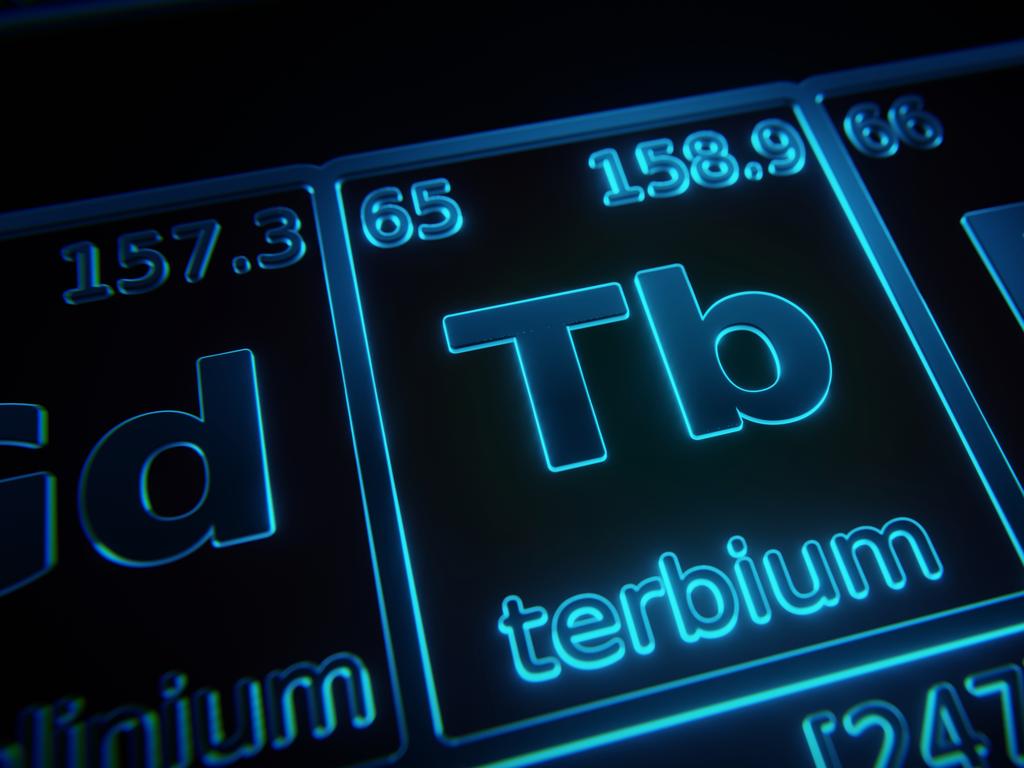Tariff-stricken copper without a presence on PM’s critical minerals list, Resources Minister says
Resources Minister Madeleine King says the government is taking a ‘wait and see’ approach to adding copper to the critical minerals list, despite nickel being added after local mines started failing.

The Albanese government has no plans to elevate copper to its critical minerals list in response to 50 per cent tariffs on the metal imposed by Donald Trump, and Glencore’s warning that its refinery and smelter in Queensland could fold.
Resources Minister Madeleine King said on Thursday that the government was taking a “wait and see” approach on copper and aluminium.
Producers excluded from the critical minerals list do not qualify for the 10 per cent production tax credit legislated by the government last year.
Rio Tinto is seeking a bailout for its Tomago aluminium plant and Glencore wants financial aid for its Mt Isa copper smelter and Townsville refinery.
“We have a very active watching brief over copper, aluminium and a couple of others, because we know they could be subject to some pressures,” Ms King said.
“If the situation changes more dramatically, obviously, that’s something we’ll look at, but right now, copper is pretty strong.
“We can see there’s a lot of investment in copper because of its need. It’s not subject to the same constraints in the international market and in Australia as the critical minerals are.”
For now, copper’s inclusion status was simply “not at this stage”.
The government added nickel to its critical minerals list after local nickel mines started failing but it wasn’t sufficient to keep major producers like BHP’s nickel smelter and refinery in business.
“We moved nickel onto that list because of the pressure it was under. But we’re not seeing the same thing with copper,” Ms King said.
Glencore warned last week that copper smelters and refineries across Australia are on the brink of collapse and it would be forced to commit to a decision on the future of Mount Isa and Townsville possibly within weeks.
The Glencore operations have suffered from China upgrading its copper processing capacity on top of the high energy and labour costs of operating in Australia.
Glencore is unlikely to be affected by the US copper tariff as most of the product from its Queensland operations is sold to Asia.
Separately, Ms King would not rule out including lithium in the critical minerals strategic reserve conceived by the Prime Minister during the election, despite the global market being in oversupply.

It is understood other lithium producers have told the government not to consider the battery-making ingredient amid a prolonged price downturn that has already led to three Australian mine closures and hundreds of job losses.
Anthony Albanese first revealed plans for the strategic reserve during the election campaign after his government failed to secure exemptions from the US tariffs.
The details of how it will operate and what minerals will be included remain unclear.
Ms King said it may up end having the flexibility for minerals to be added and removed.
“I anticipate it will change over time, depending on those pressures. This is about having a facility as a reserve that is flexible to work within the times and the pressures of those international markets,” she said.
Liontown Resources chair Tim Goyder was dubious about lithium’s inclusion, saying the strategic reserve seemed more suited to rare earths.






To join the conversation, please log in. Don't have an account? Register
Join the conversation, you are commenting as Logout